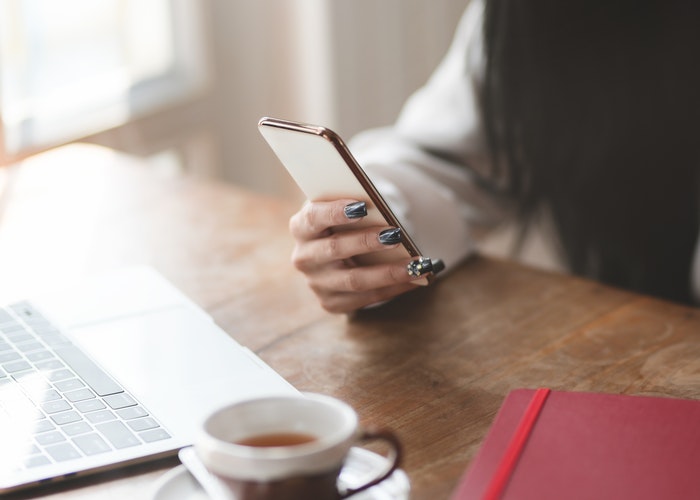What You Should Do With Your Stimulus Check Once It Hits Your Bank Account

The majority of Americans will be receiving a stimulus check soon–if they haven’t already. You can read more about the requirements for the check here, but if you make under $75,000 and are not a dependent, you’re generally eligible for the full $1400 check. If you are expecting a stimulus check and haven’t received one yet, you can check on the payment status via the Economic Impact Payments page on the IRS website.
With American unemployment reaching terrifying new heights, many families are depending on the stimulus check to fulfill their financial needs. While some individuals find themselves with income streams from jobs that now feel less than secure, others may not yet be experiencing economic impact in their day-to-day lives thus far. As such, there are a variety of smart uses for the stimulus check depending on your financial situation at this time. Check out the five potential options below.
Pay your immediate bills.
For many Americans facing unemployment, paying for immediate necessities, like rent or groceries, is the top priority. In fact, according to a recent Gallup panel, 51% of Americans plan to use the stimulus check to pay bills or spend it on items like food or gas. Of course, Gallup also found that low-income Americans were more likely to use the stimulus check for such immediate causes compared to their middle-income and high-income counterparts.
Finally, start that emergency fund.
You can learn more about emergency funds here, but generally, experts recommend having 3-6 months’ worth of expenses on hand in case of an emergency. Of course, this depends greatly on your situation. When I was focused on paying off high-interest debt, I felt secure enough in my job to only have a 3-month emergency fund. But now that my high-interest debt is paid off, having a full 6-month emergency fund is my priority. For individuals with highly volatile jobs, saving 12 months’ worth of expenses may feel safer.
Some people balk at the idea of saving such a high sum–and to be fair, when saving just a few dollars at the end of your paycheck feels impossible, saving 3-6 months of expenses can sound ludicrous. At the same time, whether it takes you months or years to save up some extra funds, you’ll be happy to have it around when an emergency comes up. But this large lump sum can help you get started if you don’t have an emergency fund already.
Save for retirement.
While now might feel like a scary time to look at your 401k, if you’ve been lagging behind on saving for retirement, the stimulus check could be the perfect jumpstart to catch up. Common financial wisdom dictates that you should have one year’s worth of income saved by age 30. If you’re not sure where to start when it comes to your 401K or IRA, major financial institutions like Fidelity, TD Ameritrade, and Vanguard offer customers free support online and via phone to help understand investment strategies.
Pay off debt.
If you have high-interest debt, like credit cards or car loans, the stimulus check could be a great way to fast-track your debt payoff. Generally, experts recommend paying off high-interest debt quickly because it will save you money on interest payments in the long run. Not to mention, paying off debt can be incredibly satisfying–there’s nothing quite like getting rid of a monthly payment! However, since I only have low-interest debt (like federal student loans), I’m putting my stimulus check towards my emergency fund because it’s my bigger priority.
Donate to a cause or support local businesses.
If you are fortunate enough to have more than you need and you feel like giving back instead, consider donating to local COVID-19 relief funds or longstanding charity organizations that resonate with your values — there are a million ways to help others right now. Perhaps one of the best ways you can use your check is to support local businesses that may be taking hit from coronavirus. Even if it’s just splurging on takeout or buying gift cards to your favorite neighborhood gift shop, this can help stimulate your local economy.
Of course, you don’t have to use this lump sum for any one purpose — you can use some of it to support local businesses and save a portion of it, too, or use some of it to pay down debt. While there can be a lot of pressure to use your stimulus check the “right” way, keep in mind that the best way to spend it is completely unique to you.
Simplicity Bryan is deeply entrenched in the worlds of self-help, gratitude, personal finance, and organization. She’s happiest paddleboarding with her pup and storytelling with a purpose. You can follow her here.
Image via Pexels
(This article was originally published April 17, 2020 and has since been updated)


